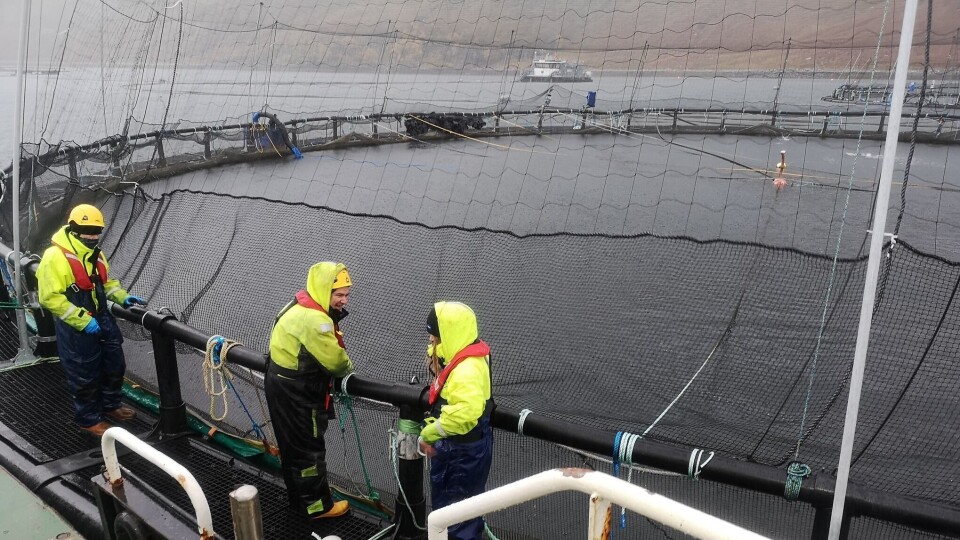
Covid rules flexibility ‘used sparingly’ by salmon farmers
Scottish salmon farmers made limited use of leeway allowed by regulators last year to help the sector cope with the coronavirus pandemic.
New figures published by the Scottish Salmon Producers’ Organisation (SSPO) show that only one in five Scottish salmon farms has had to use new rules allowing them to keep fish in the water for longer and only one in 20 has used the flexibility on medicine use.
The SSPO said the willingness of the Scottish Environment Protection Agency (SEPA) to introduce a more flexible approach had helped salmon farmers cope with the impacts of both Covid-19 and Brexit even though only a minority of sites had used the new flexibility.
New flexibility
Working collaboratively with the salmon farming sector, SEPA introduced a new level of flexibility on positions in March 2020 to mitigate the impact of the pandemic.
The SSPO said the relationship allowed both parties to anticipate changing circumstances and led to agreement on temporary positions regarding biomass limits (the weight of fish in pens), treatments and compliance monitoring while Scottish salmon farmers maintained a supply of fresh food to customers.
The figures show that across the sector, 21% of sites (44 out of 210 farms) applied to make use of the additional peak biomass position, of which only 36 sites have, to date, made use of the position.
This gave farmers the option of increasing peak biomass across those sites by an average 16%, approximately 13,000 tonnes to 92,000 tonnes. The average length of time where biomass volumes were increased was just 40 days.
Medicine use
In terms of the position on medicine use, just nine sites used the option which provided the opportunity for treatments at these sites to be performed in a shorter time period.
SSPO sustainability director Anne Anderson said: “This regulatory flexibility, which has been used sparingly by our members, has supported the salmon farming sector while safeguarding fish health and welfare throughout this extraordinary period. The decision of companies to conduct site risk assessments has also protected the environment.”























































